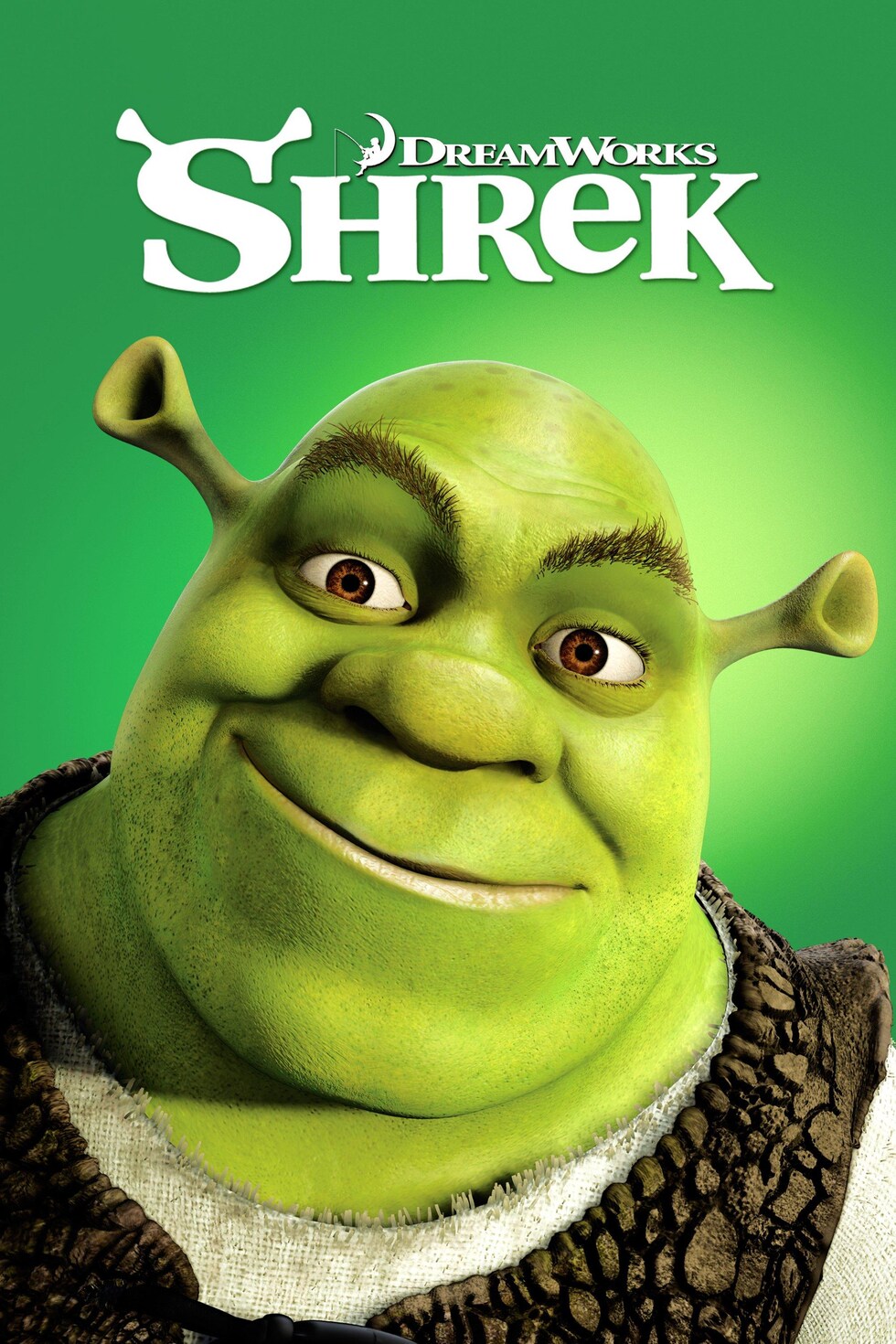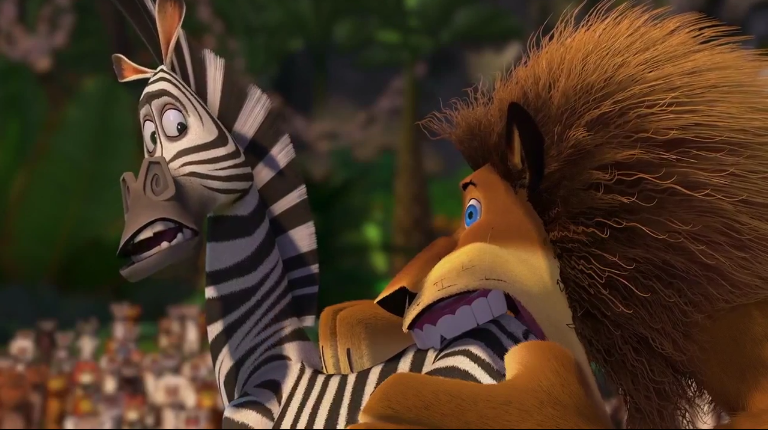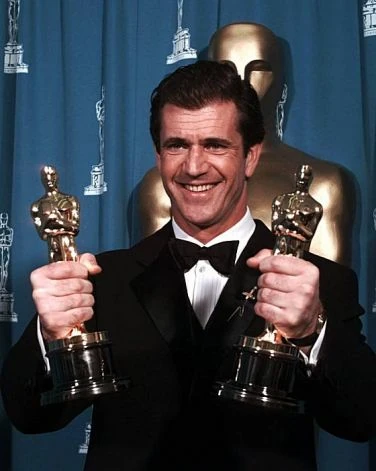
When it comes to films directed by the controversial actor
Mel Gibson, they're quite memorable. Whether they're legitimately good, or
downright extreme and offensive (cough...cough "Passion of the
Christ"...*clears throat* excuse me) there's always something
unforgettable to offer. That is with the exception of his first film that was
well received by critics when it first came out, but isn't as talked about or
remembered as his films that followed. And that film is...
No, his first theatrical full length movie!
That's the film!
In the summer of 1968, a boy named Chuck Norstadt (Nick
Stahl) has trouble living with his dysfunctional family, and is determined to
attend the same Military boarding school that his deceased Father went too.
After failing the entrance exam, his Mother (Margaret Whitton) though against
the idea of her son joining the military, gives him one lost shot, which means
that Chuck is going to have study harder than he's ever had too before, and
miss out on half of the summer fun with his friends. Seeking for a tutor to
help him with his studies, Chuck turns to a disfigured man named Justin McLeod
(Mel Gibson) who is a former teacher that is feared and mocked by the people
living in the town, based on his appearance and the rumors going around about
him. McLeod agrees to tutor Chuck, and teaches him confusing methods that
almost seem in no way connected to what he's studying for. Eventually Chuck
figures out the method behind his madness, and the two slowly become close
friends. However, as soon as Chuck's Mother and the rest of the town find out
about their relationship, fearing that the boy's life maybe at risk based on
Justin's reputation and his unfortunate past that he's been trying to hide from,
the two are being forced to part ways.

Judging by the plot, the film doesn't seem that surprising
given how predictable and clichéd it is. Right after the first 20 minutes of
the film, I knew exactly where the film was going. I knew that this scary
looking man who teaches the boy in a nonsensical way will be as misunderstood
as Boo Radley from "To Kill a Mockingbird", and that his strange
teaching madness will have a point like Mr. Miyagi from "The Karate
Kid". Obstacles are going get in the way of Chuck and Justin's
relationship because of society's misjudgment of Justin, where we're going to
have ourselves a nice little cry, get a long inspirational speech that changes
the people's minds inside a courtroom, and the two end up happily ever after
continuing to be friends with successful lives. Throw in a 60s coming of age
vibe that's exaggerated and has tons of references to the era so that it
can cram the 60s down your throat, along with a marketable soundtrack
reflecting the time; and we'd more than likely get a film that may not be bad,
but nothing different or memorable, hence why the film is more than likely
overlooked in obscure territory of Mel Gibson's movies. But to my surprise as I let
the film play-on, the film wasn't as predictable as I thought it was going to
be.

For example, even though this film takes place in the 60s,
it isn't trying too hard to the capture the era as other coming age films were
doing. You'll see some old fashioned vehicles, hear one or two conversations about
what was happening at the time (like the "Vietnam War"), and notice
how dated the clothes and hair-styles were, but that's pretty much it. A part of
me was quite surprised that Gibson didn't even use songs from that era to
capture its setting, or relate to how the characters are feeling. It's all
James Horner's lovely score that Gibson uses when it comes to the film's music.
It’s the type of film that doesn't feel the need to play-up on its time period
to remind you that this film isn't taking place in the 90s; it shows enough to
give you an understanding of where you are. And that's just one of the many visual
methods that Gibson uses to nicely tell the film's story. I must say that for
an actor who has never made a full length movie (outside of a TV movie he
directed that's not even an hour long) until this point, he certainly shows
that he has an eye for visuals. When the film started with Chuck daydreaming of
graduating the boarding school, Gibson just pushes for the film's visual appeal
right away by bringing some surreal and cartoony imagery (the most impressive
piece of imagery and camera work being how the soldiers are shown to be
suddenly marching on top of the camera lens). But after that point however, the film
mostly tames itself from being excessive with its visuals, and mainly uses them to set-up its environment and mood that would reflect on the characters. For instance, in the first half of
the film as we're getting ourselves acquainted with Justin, Gibson makes this
man as sketchy of a person as possible by making his deformed half resemble
Freddy Krueger if his face was only half-burned, and his home to appear as strange
and ominous as the character is. But naturally as we learn more about Gibson's character and spend
more time with him, his face looks less intimidating than it did when we first
met him, and his home seems more sophisticated and scholarly as if someone has polished
up an old dark and dusty classroom that once looked foreboding at first glance.
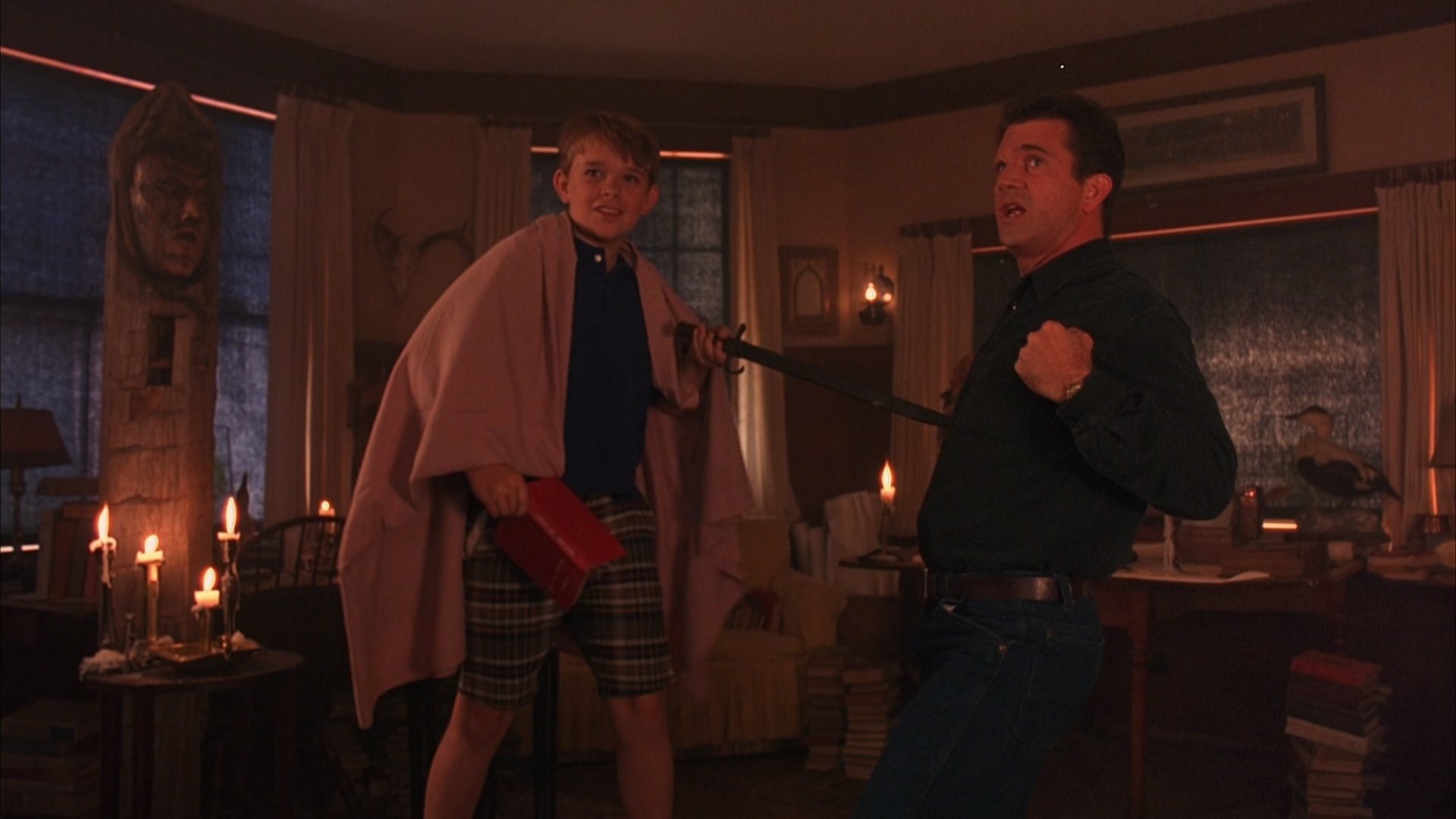
But it isn't the visuals that make the film so underrated, it's
mainly the relationship between Chuck and Justin, where the focus of a film of this kind
should be! Both Gibson and Stahl bring an authenticity to their performances and chemistry that they share together that doesn't come across as corny, dull, or
forced. Their interaction and how it flows and builds as the film moves along feels
quite genuine and becomes more fascinating as it progresses from the way they
both learn from one another, and help each other out. And this isn't the kind of relationship
where one character comes off as more interesting and sympathetic than the other;
they're both equally engaging for different reasons. You connect with Chuck for
how passionate he is to achieve his dream as you feel his struggles with how
his family looks down upon him, while with Justin you connect to him for how
he's reluctantly willing to step-out of a life of isolation to help out a boy
as you wonder about his past involving his scar and if what the community says
about him is true. And if you're thinking that the film's going to play
everything safe by taking the predictable route when regarding society's
misconception of their relationship, well I'd rather not give too much away for
newcomers, but let’s just say that it takes a bittersweet route that challenges
both the audience and the character Chuck when it comes to trusting his mentor
that doesn't result with a black and white answer. I heavily admire when a film
tries to challenge its viewer by not always giving them a clear-cut answer,
especially in this film's case where I feel that if they did, the relationship wouldn't be as special, and
would betray the theme that the film teaches (without feeling the need to preach it) and that is trust. I really
thought that Mel Gibson was going to spoon-feed us all the information, and use
all the clichés that we'd expect in a film like this, but he doesn't. The
answers are in the book that the film is based on, but Gibson wanted to remove
it so the film can be more inspiring, which for me is just as smart of a choice
as casting him and Stahl as the leading roles.
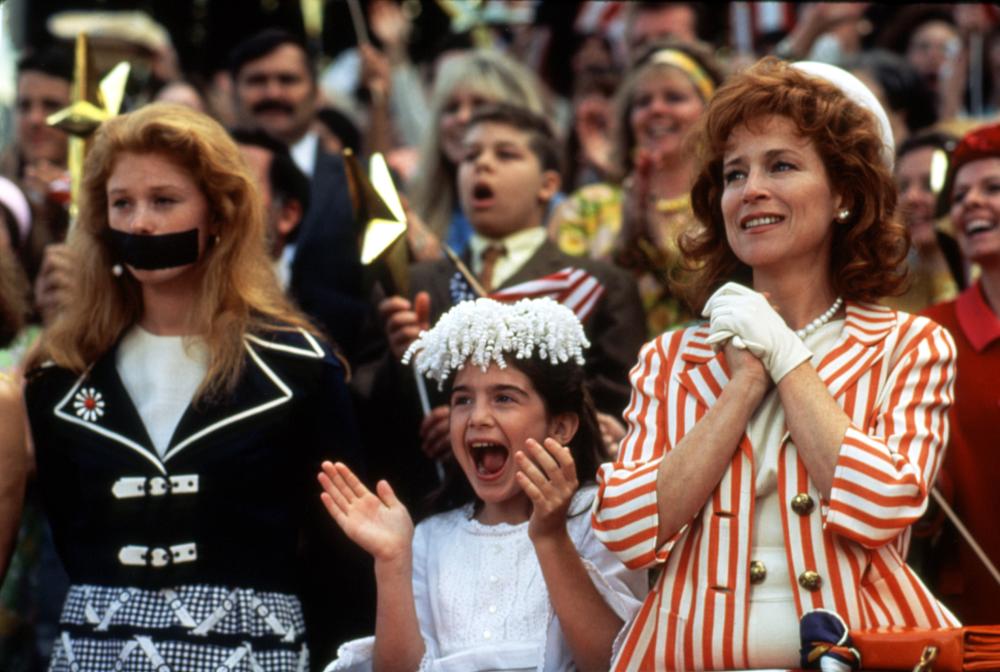
I suppose if I had any nitpicks with the movie, I would say
that with the exception of the Mother who we grow to understand as much as we
do Justin, the supporting characters are kind of forgettable. They're not bad
performances, I just don't find anything that memorable about them. They seem
pretty generic in terms of character. But to be fair, they're not necessarily
the focus of the story. They're simply the type of characters that are supposed
to represent our imperfect world who criticize what they don't fully
understand, thus effectively adding conflict to the character's lives. And
Gibson doesn't paint these characters out as mean self-centered jerks so our
main characters can stand-out as tragic characters who are the real article, they're just as flawed as the people living around them. Chuck does say
some mean things about Justin behind his back; Justin does behave irrationally
cruel at times. They're simply no different from the people they live around;
they're just not fully understood by them. So while I can't say that the
supporting cast is anything special, at least they're treated like actual
people instead of cardboard cut-out stereotypes.
OVERALL THOUGHTS
For a film that I thought was going to be heavily clichéd
despite being well-made, I was far-off. Gibson refuses to provide us with all
the typical elements that we'd get in a coming of age film about a relationship
between a boy and his mentor. He doesn't avoid all the clichés (obviously that's unavoidable), but he knows what tropes he should eliminate and use when telling
this compelling story, which overall shows his ambition as a filmmaker. It's a
very powerful film that has one of the best teacher and student relationship's
that I've ever seen, and it's a shame that it's overlooked on the short list of
films that Mel Gibson has directed. I guess it’s the blood, action, and torture porn
that revolve around controversial topics like war and religion that make his
later films more memorable than this. I won't go as far to say that this is the
greatest film that he's ever made, but I will say that I find it to be a little more engaging than half of his films that followed. Who would have
thought that a film as simple as this, can be more inspiring and say more than a film about Jesus
being crucified for 2 long hours?
